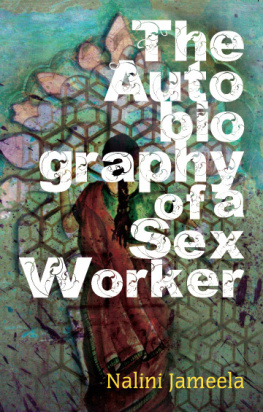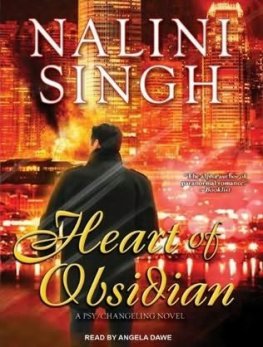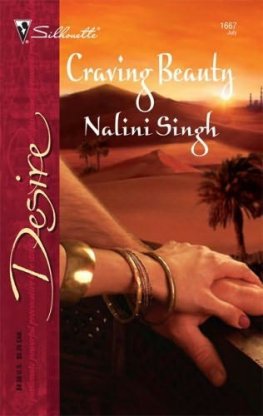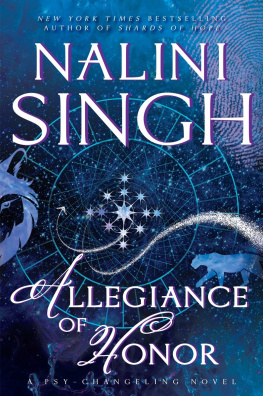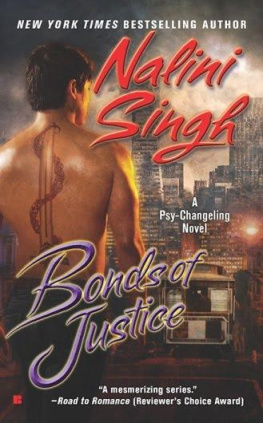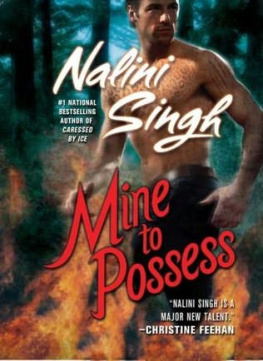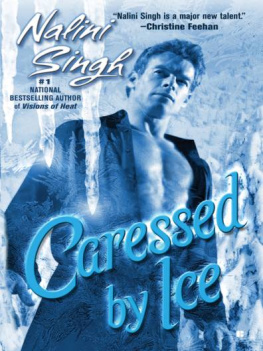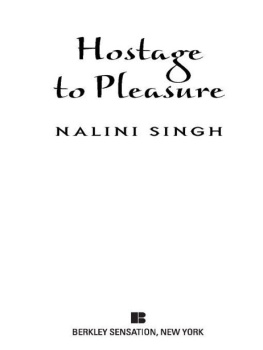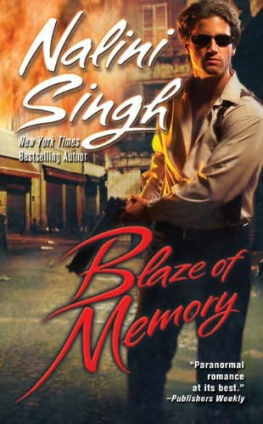THE AUTOBIOGRAPHY
of a sex worker
Nalini Jameela
TRANSLATED AND WITH A FOREWORD BY
J. Devika
westland ltd
61, Silverline Building, Alapakkam Main Road, Maduravoyal, Chennai 600 095
93, 1st Floor, Sham Lal Road, Daryaganj, New Delhi 110 002
First published in Malayalam by DC Books
First published in English by westland ltd 2007
First e-book edition: 2015
Copyright Nalini Jameela 2005
All rights reserved
ISBN: 978-93-85724-95-4
Cover Illustration: Rahul Sharma
Typeset in ITC Legacy Sans Std by Ram Das Lal
This book is sold subject to the condition that it shall not by way of trade or otherwise, be lent, resold, hired out, circulated, and no reproduction in any form, in whole or in part (except for brief quotations in critical articles or reviews) may be made without written permission of the publishers.
CONTENTS
INTRODUCTION
I Try Out Writing
It was in 2001 that I decided to write an autobiography. This decision had a context. I had this habit: whenever I spoke, I would slip into descriptions of my own life quite unwittingly, and go on and on. And people like Paulson and Maitreyan, my colleagues at Jwalamukhi, would often ask me, why stop with this chatter, why not write it all up as a story? Paulson was the one who wanted the story; Maitreyan suggested I write an autobiography. To tell you the truth, I didnt have a clue about the difference between the two.
Then once, during a discussion about a video workshop at Maitreyans house, he told me again: You should definitely write your autobiography, you should! I said, thats tough for me. Its difficult for me to write. Just when I manage to pick up speed in writing, a letter goes missing. And when I ferret out the letter, the idea I was trying to express has vanished. That was the trouble, in the first place.
The suggestion, however, was put to me many times, and it was in 2003 that I finally decided to write the autobiography. During a discussion about organising the Festival of Pleasure, Rajasekharan, a member of our support group (he works for the magazine Savvy ), gave me a tip about how to write an autobiography: write one page every day, he said. I could get up early in the morning and write. Short notes would do for a start. Later, we could have someone expand them.
I did try to start as he had advised many times, but I couldnt move beyond a few sentences. I am Nalini. Was born at Kalloor near Amballoor. I am forty-nine years old. I wrote this much in a notebook. And then a client happened to read this. That led to my losing him. Id told him that I was only forty-two! My first attempts to write were blocked by this incident.
After this, I got a school child to write for me, while I was at Beemappalli. That kid used to read Mangalam and Manorama , magazines that lots of people read. But nothing worthwhile came out of this. And so it was also given up.
By this time, many people had heard I was planning to write my autobiography. So I. Gopinath approached me in 2004 at the Kerala Social Forum at Thrissur and offered to write my autobiography by taking down what I told him. I agreed, and in a years time, we had more than twelve very detailed interviews on tape. Unfortunately, many of those cassettes were lost and he had to rely on his memory to rewrite most parts.
In our eagerness to see the book published, we did not give ourselves enough time to make it perfect. Thats why I decided to write a revised autobiography. A group of friends volunteered to revise it keeping my style intact. Im truly grateful to them theyve put in such hard work and to Gopinath who helped me to shape my autobiography into a book for the first time.
Many asked me if it was right to make such revisions. I dont know if there are rules about these things that apply to everyone around the world. Even if there are, and I happen to be the first person to change those rules, let it be so! After all, when I started sex work, I didnt go by custom! When I spoke with the publisher, Ravi D.C., he agreed to bring out the revised edition. I want to do everything to make my autobiography match my standards and style. Im thankful to everyone who has helped me. Special thanks to Gita Krishnankutty, for reading this book and suggesting changes.
Nalini Jameela
TRANSLATORS FOREWORD
Nalini Jameela Writes Her Story
Nalini Jameela came into public view in Kerala in 2005 when her autobiography, Oru Laingikatozhilaliyute Atmakatha , was published in Malayalam, and became a controversial bestseller. The book went into six editions in one hundred days and sold 13,000 copies. No less an authority than M. Mukundan, one of Keralas most powerful literary figures, condemned the book as a prurient money-spinner. The controversy deepened when Jameela decided to reject the first version, and prepare a second version, which she authorised as the authentic one.
The furious debate around the book and its author, in which inadvertent alliances between voices from the conservative right and some feminists were formed, evoked memories of an earlier controversy over a woman writing her story. This was in the early 1970s, and the controversy had been about the revealing autobiography written by one of Keralas finest literary authors, Madhavikutty (Kamala Das). However, no two authors could be so differently located. Madhavikutty was born into an aristocratic Nair family, was the daughter of an eminent poet in Malayalam, and the niece of a prominent intellectual. She was already well known as a short story writer in Malayalam and as a poet and writer in English when Ente Katha appeared. Jameela came from a lower-middle class, lower caste (Ezhava) family, was removed from school at nine, and worked as a labourer and a domestic worker before becoming a sex worker. Later she became an activist and a filmmaker, but was not very well known outside a narrow sphere.
Now it seemed as if she had taken over the crown of thorns from Madhavikutty who had once been disparagingly referred to as the queen of erotica. There were further differences: Madhavikutty chose to withdraw her controversial autobiography after many years of struggle, calling it a fictional account; Jameela chose to reclaim her autobiography by producing a second version which she felt was satisfactory. She risked commercial failure and public disapproval in order to correct her image. For Jameela, a successful autobiography was her way of establishing herself as a public person, while testifying to the oppression of sex workers in public. She could not simply withdraw the first version; she had to rewrite it.
What was striking about the debate, however, was that it failed to recognize the fundamental challenge the book had raised to the dominant feminine ideal in Kerala. This ideal of the procreative, disciplined, family-centred feminine, enshrined within the Malayali new elite, had taken shape through wave after wave of social and community reformism in the 20th century. Oru Laingikatozhilaliyute Atmakatha exploded this ideal, appearing as an oppositional voice in the Malayali public. The Veshya the prostitute-figure was marginally present in early 20th century Malayali reformist discussions on the shaping of modern Womanhood as its abhorrent Other. However, the poor labouring womens presence was even more marginal. Jameelas text actually made this voice audible.
Like the Bhrtya , the female labourer of the classical Sanskritic typology, the narrator of this story performs different kinds of labour productive, reproductive, sexual. Indeed, Jameela indicates that sex workers are an unstable group. One reason why her work appeared shocking was that it challenged dominant images of decay as the inevitable culmination of a sinful life. Instead, it highlighted the ordinariness of sex work in the lives of the poorest women, its place alongside other strenuous, exploitative and demeaning work situations quite invisible to Keralas educated elite. That the boundaries dividing workplace, home and the place of sexual labour are quite unclear emerges in Jameelas insight that the threat of sexual violence is equally forbidding in all these disparate work places. About her initiation into sex work, she says: The moment she mentioned needing women I understood that this had to do with using the woman the way the husband does.

